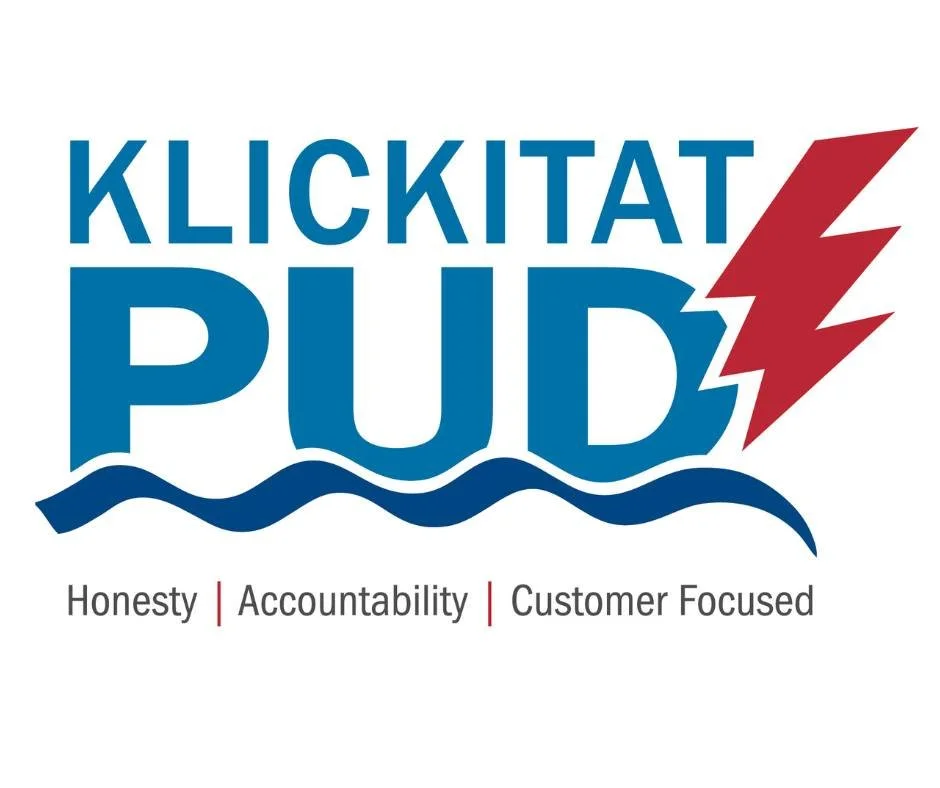STRAIGHT TALK FROM KPUD
News from our Sponsors
Part 1 of a series by Jim Smith and Rodger Nichols
Change is coming to Klickitat PUD.
This will affect everyone in the district, including the staff and management of the PUD. We are all in this together, and we want everyone to be prepared.
Over the next few weeks in this space, we will lay out why the changes are needed, just what those changes will be, how and when they will be put into effect, and what they will mean to you.
Thank Olympia
State Capitol in Olympia
There are a number of factors making the change necessary. One of them stems from the State’s Clean Energy Transformation Act. CETA, which required the Department of Commerce to develop rules to implement the act. During development, many of those rules were highly criticized by several utilities as being impractical and, as a result, expensive.
By banning any new natural gas plants and closing coal plants, CETA reduces supply at the same time as demand is rising. As a result, today’s wholesale power market prices are more than double what they were two years ago. This has increased our power cost by $2.5 million and it’s going to take about a 9% increase in our retail electric rates to cover it. This year, 3% was passed along in electric rate increases, and the rest of it is coming unless things improve.
But that’s not all. Some of the social policies in the bill, such as required programs to support low-income and under-served communities, have nothing to do with carbon reduction, but also drive up costs. On top of that, our first review says that in 2030, we will be required to collect an additional $1.7 million from some of you and give it to the rest of you, either in cash or in CETA- mandated programs. This is dictated by the Department of Commerce as written in the new rules.
It looks as if all those requirements will cost about $4.2 million per year as of 2030, and we have not finished our reviews of all of the requirements.
Supporters of the legislation kept insisting “Electricity costs in Washington will go down.” That’s a bit baffling, since only one thing happens when supply is reduced and the demand is increased: prices go up. We have argued that costs will go up for all customers as a result of this legislation, and we were soundly told we didn’t know what we were talking about.
Meanwhile, the first two auctions for carbon credits in the State’s newly formed carbon cap and trade program netted the State government $350 and $557 million. We wonder how much of that money will be used to help you cover your increased costs?
Next week: Where is the load growth coming from?
Want to know more?



